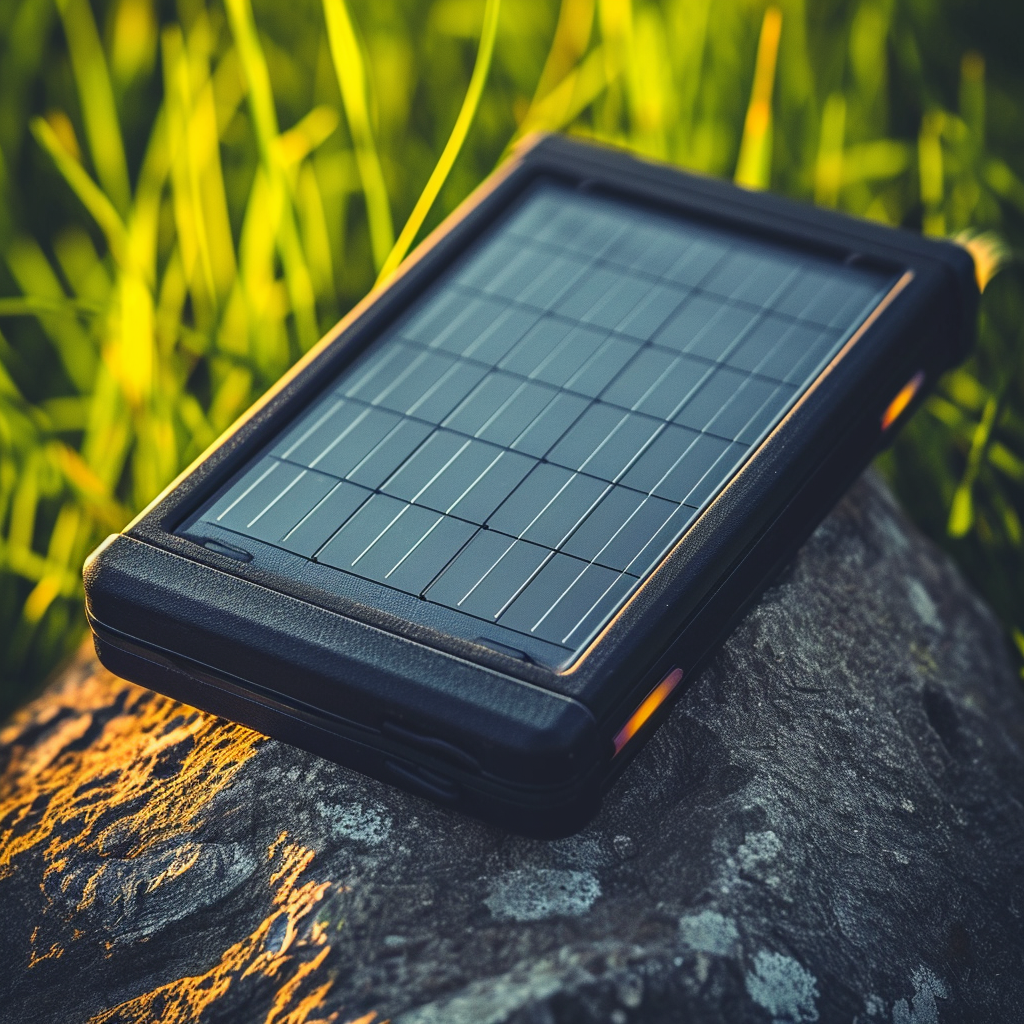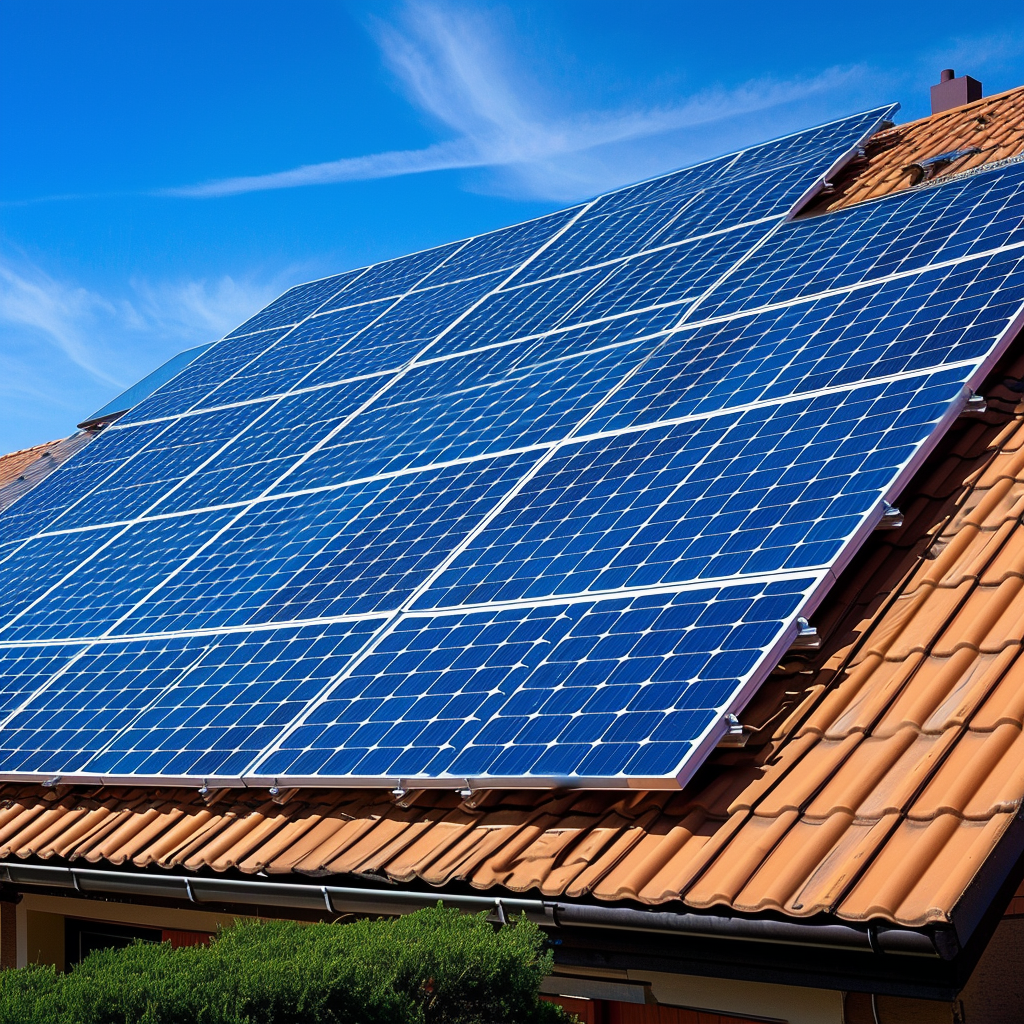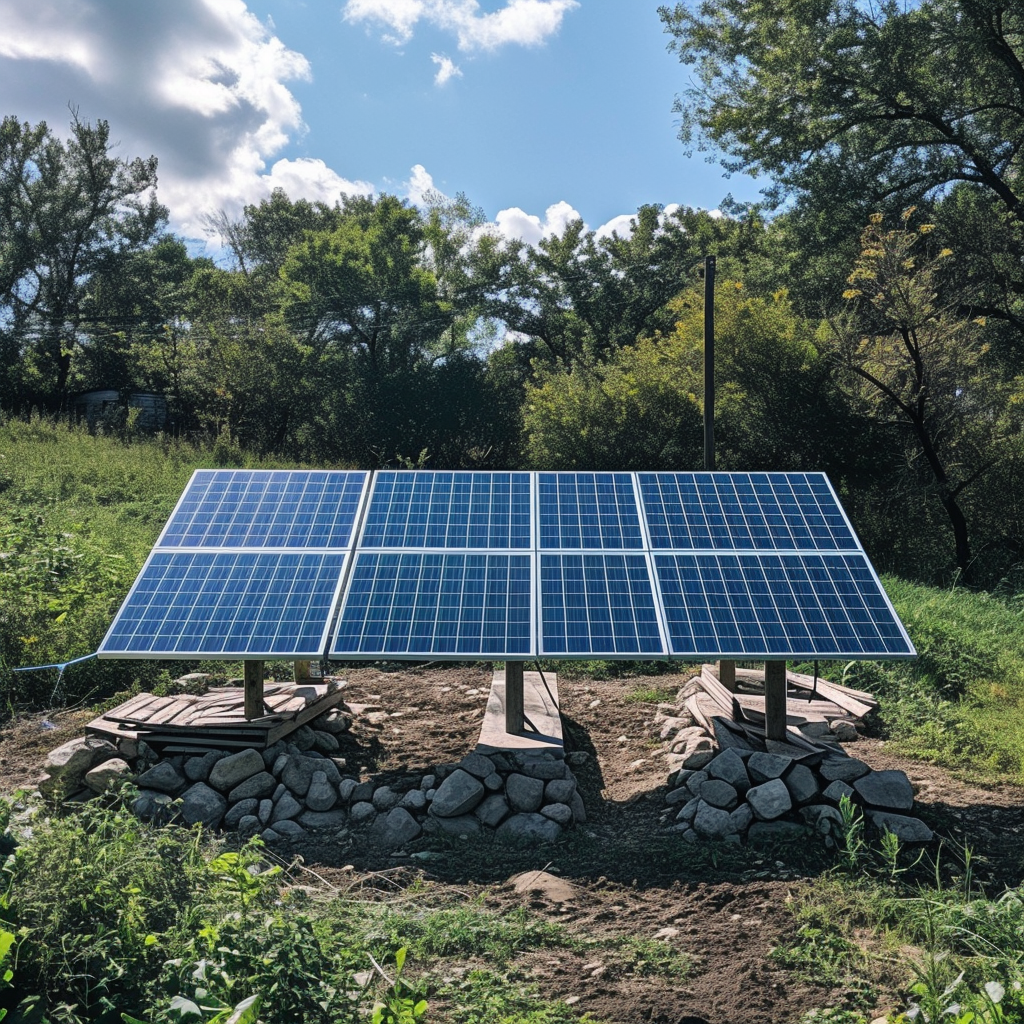So, you’re thinking about living off the grid, huh? That’s a great idea! But have you ever wondered Can you have too many solar panels for your batteries? Well, let me tell you, there are definitely pros and cons to having an excessive number of solar panels.
On one hand, having an excessive number of solar panels means you’ll have an abundance of renewable energy. This means you won’t have to worry about running out of power anytime soon, even on cloudy days. Plus, you’ll be able to store all that extra energy in your batteries for later use. Just imagine how satisfying it would be to have enough power to run all your appliances without relying on the grid!
However, having too many solar panels also has its downsides. For one, it can be quite expensive to install and maintain a large number of panels. You’ll need a bigger space to accommodate all the panels, and the cost of installation and maintenance can quickly add up. Additionally, depending on your location and energy usage, you might not even need that many panels. It’s important to do a thorough evaluation of your energy needs before deciding on the number of panels you want.
In conclusion, there are definitely pros and cons to having an excessive number of solar panels for your batteries. While it can provide you with an abundance of renewable energy, it can also be costly and unnecessary. In the end, it’s all about finding the right balance that meets your energy needs and fits your budget. To learn more about this topic, be sure to check out our full article!
The Benefits of Having an Excessive Number of Solar Panels for Batteries
As renewable energy sources continue to gain popularity, many individuals are considering installing solar panels for their homes. While the initial investment can be significant, the long-term benefits of solar energy can outweigh the costs. In particular, having an excessive number of solar panels for batteries can provide several advantages, including increased energy production, maximized battery storage capacity, and reduced reliance on external power sources.
Increased Energy Production
One of the primary benefits of having an excessive number of solar panels for batteries is the increased energy production. With more solar panels, you can generate a higher energy output, allowing you to power more appliances and devices in your home. This can be especially beneficial for larger households or individuals with higher energy demands.
Furthermore, having an excess of solar panels can provide you with the opportunity to sell any excess energy back to the grid. This not only helps to offset the initial investment but can also contribute to a more sustainable energy system by providing renewable energy to others in your community. By installing an excessive number of solar panels, you can actively participate in the transition towards a greener future.
In addition, having more solar panels can compensate for lower sunlight intensity. This is particularly useful for regions that experience inclement weather or have shorter daylight hours. By maximizing the number of solar panels, you can ensure a consistent energy supply even during less sunny days.

Maximized Battery Storage Capacity
Another advantage of having an excessive number of solar panels for batteries is the maximized battery storage capacity. Batteries are essential for storing the excess energy produced by solar panels during the day for use at night or during cloudy periods. With more solar panels, you can generate more energy, which in turn allows you to store more energy in your batteries.
Having a larger battery storage capacity offers several benefits. First, it extends the life of your batteries. By distributing the energy load across multiple batteries, you can avoid overworking individual units, thus prolonging their lifespan. This can save you money on battery replacements in the long run.
Second, a larger battery storage capacity enables you to store more energy for later use. This can be particularly useful during times of high energy demand or when the sunlight is limited. By having a surplus of stored energy, you can ensure continuous power supply, even during periods of low solar generation.
Lastly, maximizing battery storage capacity can improve overall battery performance. When batteries are not fully utilized, they can experience performance degradation. By storing more energy in your batteries, you can prevent this degradation and maintain optimal battery performance over time.
Reduced Reliance on External Power Sources
Having an excessive number of solar panels for batteries also reduces your reliance on external power sources. Traditional power grids are often powered by fossil fuels, which contribute to pollution and climate change. By generating your own renewable energy, you can significantly reduce your carbon footprint and contribute to a more sustainable future.
Furthermore, having a surplus of solar energy stored in your batteries provides you with greater energy independence. This can be particularly advantageous during power outages or emergencies. Instead of relying on external power sources, you can continue to power your essential appliances and devices.
Reduced reliance on external power sources can also lead to lower energy bills. By generating your own energy and storing it for later use, you can significantly reduce your dependence on electricity supplied by utility companies. This can result in substantial savings over time, making the initial investment in solar panels and batteries worthwhile.
However, while there are several benefits to having an excessive number of solar panels for batteries, there are also some drawbacks that you should consider.

The Drawbacks of Having an Excessive Number of Solar Panels for Batteries
High Initial Investment
One of the main drawbacks of having an excessive number of solar panels for batteries is the high initial investment. Solar panels and batteries can be expensive, especially if you require a large number of them to meet your energy needs. The cost of solar panels varies depending on the brand, quality, and size, while batteries also come at a significant price.
In addition to the cost of solar panels and batteries, there are also other expenses to consider. These may include installation costs, permits, and any additional equipment necessary for the system. It is important to carefully evaluate your budget and financial capacity before committing to a large-scale solar panel and battery installation.
Furthermore, the payback period for your investment can be relatively long. While solar energy can save you money on electricity bills in the long run, it may take several years to recoup the initial investment. It is crucial to consider the financial implications before proceeding with an excessive number of solar panels for batteries.
Increased Maintenance and Monitoring
Another drawback of having an excessive number of solar panels for batteries is the increased maintenance and monitoring required. Solar panels need regular cleaning to ensure maximum energy production. Dust, dirt, and debris can accumulate on the panels, reducing their efficiency. Therefore, you will need to allocate time for cleaning and maintenance to ensure optimal performance.
Monitoring the energy production and storage of your system is also critical. This allows you to track the performance of your solar panels and batteries and identify any potential issues or inefficiencies. Regular monitoring will enable you to take appropriate action if any components need repairs or replacements, ensuring the longevity and effectiveness of your system.
Additionally, with more solar panels and batteries, there is a higher likelihood of encountering faulty components. It is important to regularly inspect your system and promptly address any malfunctions. This may require professional assistance, which can add to the ongoing maintenance costs.
Space Limitations
Having an excessive number of solar panels for batteries may also present space limitations. The availability of rooftop space can dictate the number of solar panels you can install. If your roof is small or shaded, it may not be able to accommodate the excessive number of solar panels required to meet your energy needs.
In such cases, you may need to explore alternative options, such as ground-mounted installations. However, the suitability of the ground area will also need to be considered. Factors such as soil conditions, access to sunlight, and obstructions should be taken into account before opting for ground-mounted solar panels.
Moreover, installing an excessive number of solar panels may require building permits and adherence to zoning regulations. It is essential to familiarize yourself with local regulations and obtain the necessary approvals before proceeding with your solar panel and battery installation. Failure to do so may result in fines or the removal of your system.
While there are advantages and disadvantages to having an excessive number of solar panels for batteries, it is essential to carefully consider all aspects before making a decision.
Conclusion
When it comes to having an excessive number of solar panels for batteries, there are both pros and cons to consider. Increased energy production, maximized battery storage capacity, and reduced reliance on external power sources are some of the benefits of having more solar panels. However, high initial investment, increased maintenance and monitoring, and space limitations are the drawbacks that need to be taken into account.
Before deciding on the size and number of solar panels for your home, it is important to weigh the financial and practical aspects. Consider your energy needs, budget, available space, and the potential benefits and drawbacks discussed in this article. By making an informed decision, you can take full advantage of the benefits of solar energy while minimizing any potential drawbacks. Ultimately, living off-grid with an excessive number of solar panels for batteries can provide you with greater energy independence and a more sustainable future.




